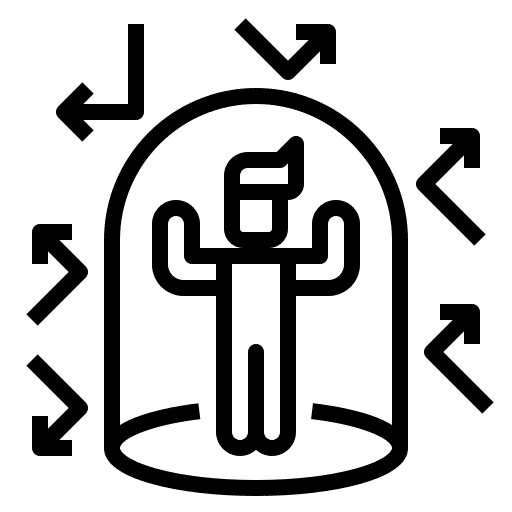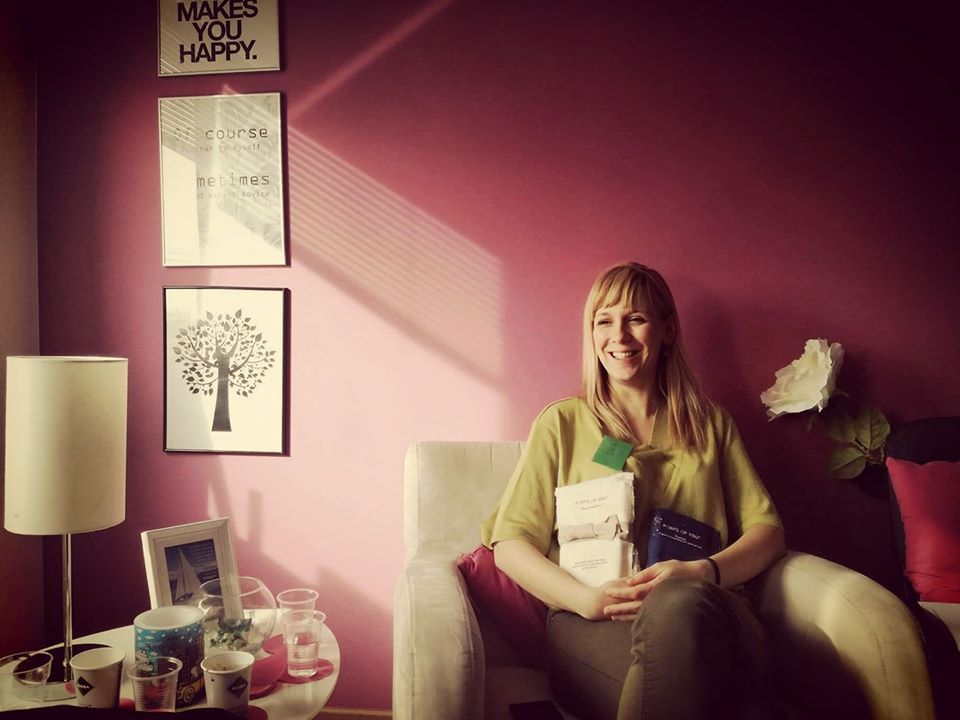
How to prevent emotional exhaustion and compassion fatigue in the workplace?
Compassion fatigue is a state of emotional, mental and / or physical exhaustion, which is a consequence of continuous exposure to other people’s suffering. Although it is typical for people in helping professions, many of us who are in frequent contact with others or are perceived as “helpers” in their close environment is also subject to it.
Some of the symptoms of compassionate fatigue are: chronic physical and emotional exhaustion, lack of compassion and aversion to other people’s complaints, isolation, headaches, sleep disturbance, irritability and impulsivity, substance abuse, poor concentration…
How can we strike a balance between caring for others and caring for ourselves?
Emotional intelligence requires you to be compassionate towards yourself even though you are used to giving support and encouragement to others around you, you must know that you, like everyone else, need support, no matter how much others seem to need it more than you.
How to prevent exhaustion

Mindfulness
From time to time, you may wonder if you are overwhelmed by other people’s feelings, moods and problems. If you notice this in a conversation with others, you can always take a step back / pause while listening to other people’s problems and observe yourself:
“How do I feel at the moment?”
“What do I need at the moment?”
“Am I still able to have this conversation?”
“What thoughts are present in me?”
“How does my body feel?”

Support network
Find people from your environment with whom you can have honest and authentic conversations, who are ready to listen to you and show understanding and empathy for your personal problems, and in some cases, the professional help of a psychotherapist is more than welcome.

Setting boundaries
What do you like and what do you dislike?
When do people cross your personal boundaries?
When do you need time just for yourself and not for other people?
What suits you in a given situation and what does not?
Practice first expressing your needs in small things and telling others when you have had enough of something.
As the famous family therapist Jesper Jul said: “No” is sometimes the most tender answer”.
Join our Action-Packed 7-day Resilient Leader Challenge!
Each day presents a unique dare to stop, slow down, notice, feel, and connect. Hit the link 👇 to learn more.

Take care of yourself
Here, self-discipline is very important, so it is important to set aside at least some minimal time each day to do something that you personally enjoy.
Compassionate fatigue can always return at different stages of life, especially if you have a tendency to prioritize other people’s needs above your own so self-care must be continuous. Find out what it is that you like to do in order to feel good – sports, time in nature, meditation, dancing, drawing, writing…
If we shift the focus from time to time on ourselves and our inner states, we will begin to notice what we really need, and we can make a decision about how much we give to others and how much we ask for ourselves.
Stay Connected & Level Up Your Leadership with Bujoo!
Craving for more wisdom on leadership and team building? Sign up for our newsletter now and enjoy weekly nuggets, invigorating exercises, enlightening podcasts, and inspiring stories — your toolkit for becoming a better leader awaits.



























